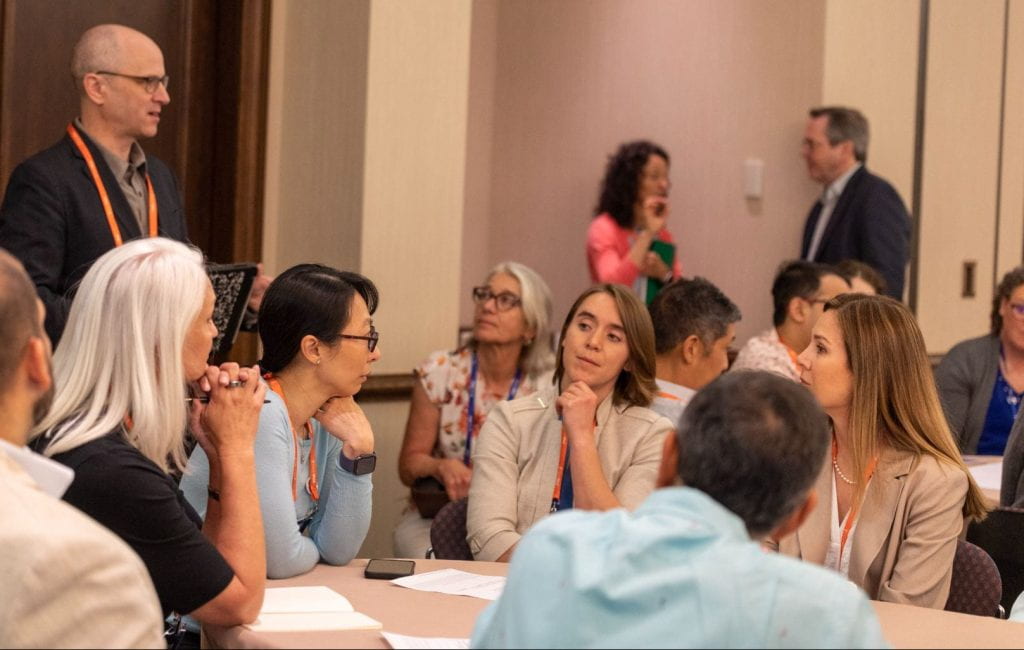Every year, healthcare leaders from over 1,000 hospitals across the country converge at the annual CleanMed conference, this year held in Pittsburgh, PA. CleanMed is hosted by Practice Greenhealth and Healthcare Without Harm, two organizations focused on fighting climate change within the healthcare sector.
Climate change is one of the biggest threats to global human health, and ironically, healthcare is a large contributor to climate change. The healthcare sector is responsible for 8.5% of greenhouse gas emissions in the United States and produces more than 59 million pounds of waste annually. To combat this, more and more clinicians, medical students, and sustainability professionals are seeking information about how to reduce the healthcare sector’s environmental footprint through resources like the CleanMed conference.
CleanMed attendees were invited to attend sessions on a variety of topics, including how to reduce waste in heavily regulated healthcare settings, the benefits of providing patients access to healthy and local food, and how to mobilize clinicians for climate action. View the full agenda here. This year, WashU was represented at CleanMed by School of Medicine Sustainability Coordinator, Heather Craig, and Caellagh Catley, a third-year medical student and passionate sustainability advocate.
Caellagh received a grant to attend CleanMed and speak as a representative of the Department of Anesthesiology’s effort to reduce carbon emissions associated with volatile anesthetic gases by replacing desflurane with sevoflurane and promoting low-flow anesthetic gas techniques. This effort, spearheaded by Dr. Helga Komen and Dr. Ryan Guffey, has saved WashU millions of dollars and reduced carbon emissions from anesthetic gases by 68% since 2016.
When asked about WashU School of Medicine’s role in promoting sustainability in health care, Caellagh said, “As a local leader in our community, we hold a position of power and influence and can act now to save lives in the future. We are obligated to change the ways in which we prioritize the health of our planet to protect the health of our patients. Efficacy and ease cannot be at the expense of good resource stewardship. I believe that we are well poised to make the changes needed to continue to lead this movement across the healthcare sector as the Department of Anesthesiology is already working to do.” To her fellow medical students, Caellagh adds, “protecting environmental health is protecting your patient’s health, and the way that we practice medicine does have a direct effect on the health of the people around us and those we care for. Taking ownership of that is critical to our mission as future physicians.”
There are many opportunities to contribute to sustainability initiatives, even if you aren’t a practicing clinician or medical student. Caellagh noted, “I was not only excited by the content of the lectures, but the variety of individuals whom I met. There were representatives from facilities, purchasing, vendors, administrators, clinicians, and patients. I met people who’ve been working in sustainability and health care for over 3 decades as well as those who just started last year.”
If you’re interested in learning more about how to apply sustainability to your specific position within the School of Medicine, please reach out to School of Medicine sustainability coordinator, Heather Craig.
